The UAE is like that fascinating friend who blends ancient traditions with cutting-edge modernity. One moment you’re marveling at skyscrapers that touch the clouds, the next you’re experiencing hospitality customs that go back centuries.
This unique mix makes the country absolutely captivating, but it also means visitors need to understand some important cultural ground rules. Think of these etiquette guidelines as your cultural GPS.
They’ll help you navigate social situations with confidence, avoid awkward moments, and genuinely connect with the warm, welcoming people you’ll meet. The good news is that most of these customs stem from basic respect and consideration — values that translate across any culture.
Here is a list of 15 essential etiquette rules that will make your UAE experience smoother and more meaningful.
Dress Modestly in Public Spaces

The UAE values modesty in clothing, especially in public areas like malls, markets, and government buildings. While you don’t need to wear traditional Emirati clothing, covering your shoulders and knees shows respect for local customs.
Men should avoid sleeveless shirts and shorts in public places, opting for long pants and shirts with sleeves instead. Women should choose tops with sleeves and longer skirts or pants. Swimsuits are perfectly fine at private beaches and pools, but remember to wear cover-ups when leaving these areas.
Think of it like dressing for a nice restaurant — you’re showing consideration for the setting and the people around you.
Wait for Women to Initiate Handshakes

When meeting a person of the opposite gender, especially an Emirati or Gulf national, wait for them to offer their hand instead of initiating a handshake. When greeting a woman, you should not be the first to shake hands — this can only be done if the woman herself reaches out to you. If no handshake is offered, a polite nod or smile works perfectly.
Women should not attempt to shake an Emirati man’s hand if he is fasting, such as during Ramadan. This custom stems from Islamic traditions about physical contact between unrelated men and women, and following it shows cultural awareness and respect.
Like Travel Pug’s content? Follow us on MSN.
Always Use Your Right Hand
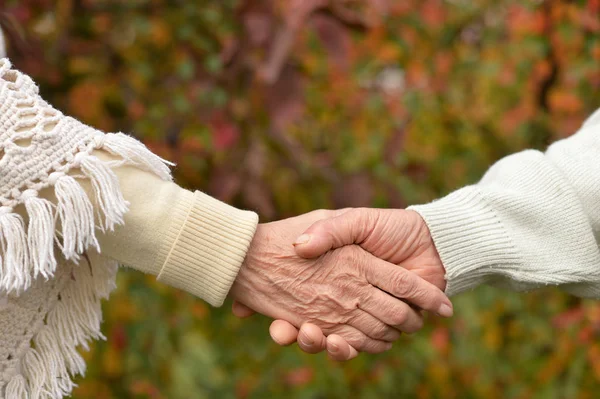
The right hand is used for eating, greeting, and giving or receiving items, as the left hand is considered unclean in traditional customs. This applies to eating meals, accepting presents, paying or accepting cash, and other daily interactions.
When offering a gift, use your right hand and support your right forearm with your left hand as a polite gesture. Even if you’re naturally left-handed, it’s acceptable to eat with a utensil in the left hand. This rule is so ingrained in the culture that it extends to simple acts like handing someone your business card or accepting a cup of coffee.
Respect Islamic Prayer Times
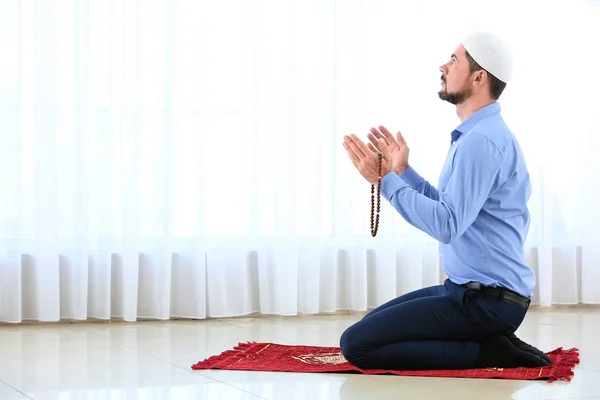
Muslims pray five times a day, and you’ll hear the call to prayer from mosques throughout the UAE. Be mindful of prayer times, which occur five times daily, as some businesses may close briefly for prayers.
During these times, it’s polite to be patient if services slow down temporarily. Many businesses accommodate prayer times and adjust schedules accordingly. Understanding this rhythm of daily life helps you plan better and shows respect for the religious practices that are central to Emirati culture.
It’s like understanding rush hour traffic — once you know the pattern, everything flows more smoothly.
Follow Ramadan Etiquette
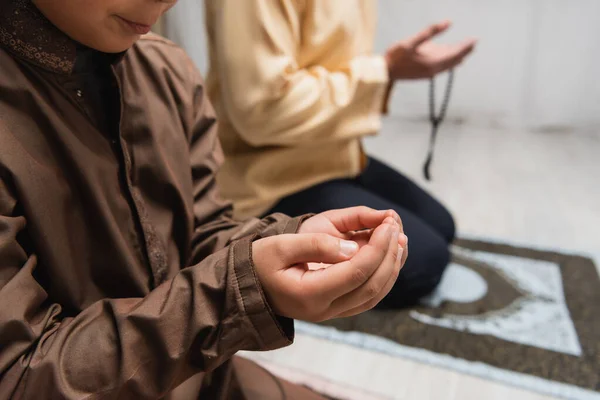
During the holy month of Ramadan, eating, drinking, and chewing gum in public during daylight hours is prohibited out of respect for those fasting. Eating in operating restaurants, hotels, and private spaces is acceptable, but public consumption is considered disrespectful.
During this time, it’s respectful to avoid eating, drinking, or having anything in public during daylight hours. Working hours are often reduced during Ramadan, and the pace of business may slow down.
Think of it as a month-long period where the entire country observes a meaningful tradition together — being mindful of this creates a sense of community and shared respect.
Like Travel Pug’s content? Follow us on MSN.
Accept Hospitality Graciously

Emiratis traditionally welcome guests with dates and coffee, and accepting these offerings is considered polite. It is not considered polite to decline the offer of more food, even if you’re not particularly hungry.
The hosts will first offer you coffee and treats when you visit a local home. After you’ve had enough coffee, the traditional custom is to shake your cup side to side to indicate you’re finished. This hospitality isn’t just about food and drink — it’s about connection and showing that you’re welcomed into their space.
Accepting these gestures warmly is like accepting a warm hug from a new friend.
Remove Shoes When Entering Homes
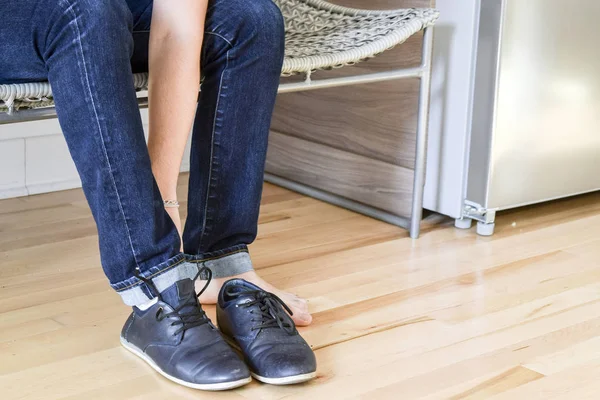
Most homes in Arab culture require shoes to be removed outside the house before entering unless specified otherwise. Be sure to take your shoes off before you enter an Emirati home as a sign of respect.
This custom keeps homes clean and shows that you understand the boundary between public and private spaces. You can expect to be seated in a majlis, a special space meant to receive and socialize with guests.
It’s a simple gesture that immediately shows you respect their home and traditions — like wiping your feet before entering, but with deeper cultural significance.
Avoid Public Displays of Affection

Public displays of affection with members of the opposite gender can result in embarrassment or even legal consequences. Holding hands is acceptable, but anything beyond that in public is not appropriate.
Anything beyond holding hands and short hugging can lead to fines or even jail time. Around Emiratis, public displays of affection are generally considered rude and may even be against the law in some cases.
Save the romantic gestures for private moments — public spaces are for respectful, family-friendly behavior that everyone can feel comfortable witnessing.
Like Travel Pug’s content? Follow us on MSN.
Be Mindful When Taking Photos

Always ask for permission before taking photos of people, particularly Emirati women or government buildings. You can’t photograph women on the streets, even if you want to capture what clothes they wear.
Photography of certain government buildings and military installations is not allowed, and photographing aircraft is illegal. Staring at traditionally clothed Emirati women is considered very disrespectful, and taking unwanted photos is a serious offense.
When in doubt, ask first — most people are happy to pose for photos once you’ve shown the courtesy of requesting permission.
Watch Your Language and Gestures

Swearing in public can lead to hefty fines or even jail time, and rude hand gestures or aggressive behavior could get you into trouble. There is no tolerance for reckless, loud, and disruptive behavior, including verbal abuse or picking fights.
Even offensive remarks in digital communication can lead to legal consequences. Surveys show that visitors are more likely to face legal issues in the UAE for actions that might be considered normal elsewhere.
Keep your language clean and your gestures respectful — treat public spaces like you would a professional workplace where everyone deserves courtesy.
Respect Religious and Cultural Sites

When visiting mosques like the Sheikh Zayed Grand Mosque, dress conservatively with arms, legs, and hair covered for women. In religious places, you’ll need to cover your head with a scarf and follow specific guidelines.
Dubai has abundant mosques and places of worship that welcome visitors to learn about and appreciate the culture. Many mosques provide appropriate clothing at the entrance if needed.
These sacred spaces offer incredible insights into Islamic culture and architecture — approaching them with reverence and proper attire ensures you can fully appreciate these meaningful experiences.
Like Travel Pug’s content? Follow us on MSN.
Follow Proper Greeting Etiquette

Traditional greetings begin on the right side and move left, with precedence given to anyone well-known, elderly, or respected. Using Arabic greetings such as ‘As-salamu alaykum’ (peace be upon you) is appreciated.
When meeting locals, be prepared for long and warm greetings that often include praise to Allah. Visitors must shake hands with the host before departing from their home to express gratitude for their hospitality.
These extended greetings aren’t just politeness — they’re relationship-building moments that show you value the person and the interaction.
Understand Dining Customs
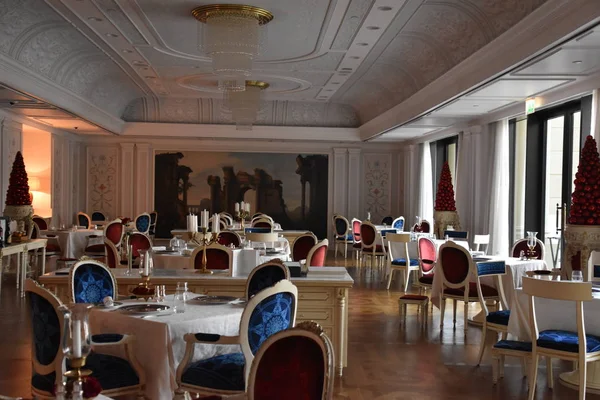
Hand cleanliness is very important when dining, as some families eat with their hands without utensils. Meals are often shared communally — take only what you can eat and leave a little food on your plate to show you’ve had enough.
If eating with utensils, place the cutlery facing up in the middle of the plate when finished. It’s considered polite to arrive fifteen minutes late to dinner invitations.
These customs turn meals into social experiences where the focus is on connection and hospitality rather than just consuming food.
Respect Authority and Leadership

Any criticism of the local rulers can land you in serious legal trouble. Posting defamatory comments or controversial opinions about the government, religion, or royal family on social media is prohibited.
Always show respect towards law enforcement officers and follow instructions promptly. Avoiding politically motivated debates or ill-informed statements about the region will help you have meaningful conversations.
This isn’t about suppressing opinions — it’s about understanding that respect for leadership is deeply valued in Emirati culture, and expressing criticism publicly can have serious consequences.
Like Travel Pug’s content? Follow us on MSN.
Bring Appropriate Gifts When Visiting

Popular gift choices when visiting someone’s home include perfumes, dates, or Arabic sweets. It’s always polite to bring a gift for the host, such as dates, sweets, or nuts.
Steer clear of anything with that contains the forbidden substance, as it’s forbidden in Islam. Good perfume is acceptable even for men, but such a gift for a woman should only be given by another woman.
Think of gifts as conversation starters and relationship builders — they show thoughtfulness and help create positive connections with your hosts.
Cultural Bridges Still Standing Strong
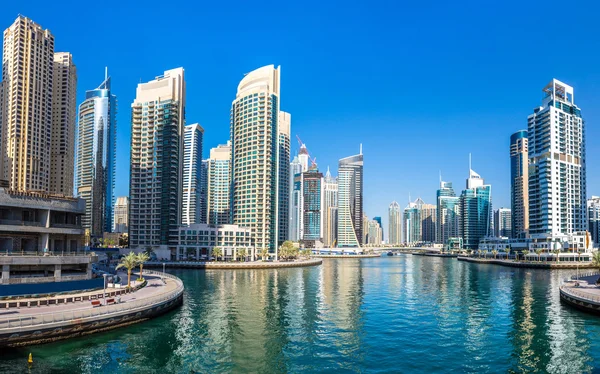
The beauty of UAE etiquette lies in how it bridges ancient Bedouin traditions with the reality of being one of the world’s most international destinations. More than 80% of the UAE’s population consists of expatriates from over 200 countries, yet these core customs remain the foundation of daily interactions.
While only 20% of residents are indigenous Emiratis, understanding their customs is crucial since they often own businesses and hold senior positions. What makes these rules special isn’t their complexity — it’s their emphasis on respect, consideration, and genuine human connection.
By respecting traditions and embracing values of hospitality and tolerance, you’ll find the UAE to be a welcoming and rewarding place. When in doubt, observe what the locals do and follow their lead — this approach will serve you well in building meaningful relationships and creating lasting positive impressions.
More from Travel Pug

- 20 Best Beach Towns in the Carolinas
- 13 Destinations Where Tourists Regularly Regret Their Trip
- 20 Things You Actually Get in First Class
- 20 Small Airports With Aviation Museums
- 20 Places in the U.S. That Are Perfect for a Reset Trip
Like Travel Pug’s content? Follow us on MSN.
